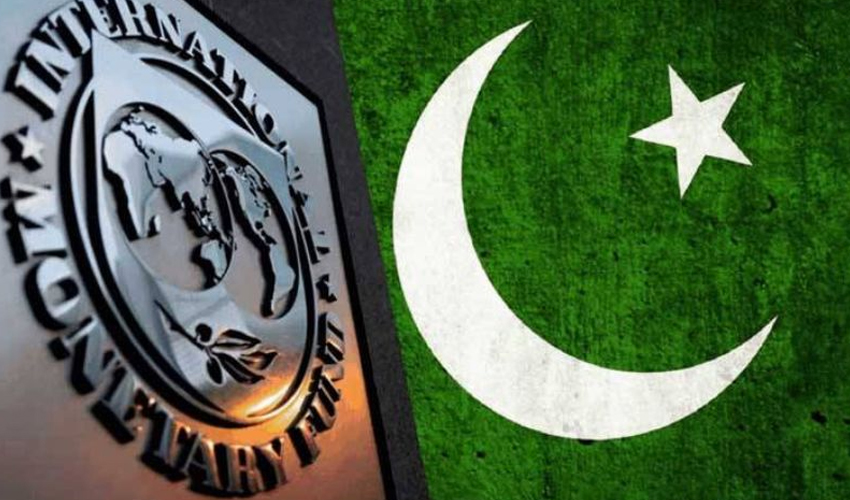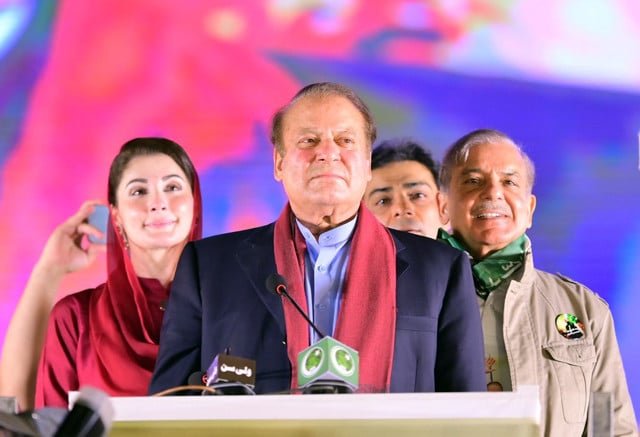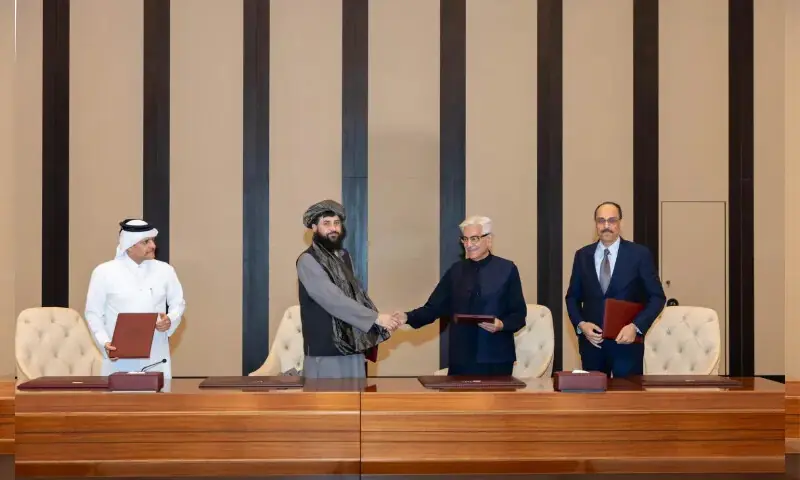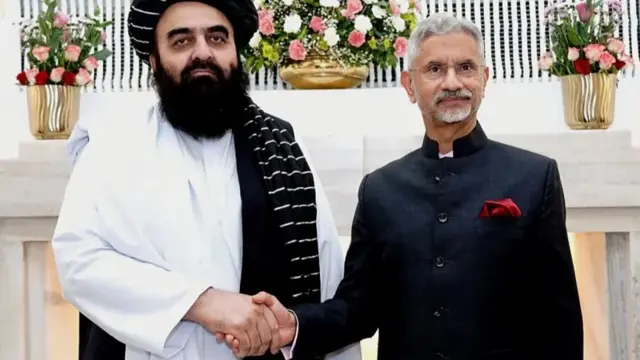Editorial
In a landscape marked by fierce competition, the three provincial chief ministers—Punjab (PML-N), Sindh (PPP), and Khyber Pakhtunkhwa (PTI)—are striving to deliver meaningful benefits to their constituents despite facing severe fiscal limitations. These constraints have been heightened by the federal government’s unrealistic surplus target of 1,217 billion rupees, which starkly contrasts with the actual collection of only 539 billion rupees, a mere 126% of the target.
As the February 8, 2024 elections approach, these parties—holding power since 2008—are increasingly eager to shift the electoral dynamics in their favor. This need is particularly pronounced for the PML-N in Punjab, which is facing considerable backlash due to its declining popularity and an existential threat to its political dominion. The irony, however, lies in the constraints imposed by the PML-N-led central government, which enforces an IMF package that complicates efforts to address provincial needs.
In a bold move, the party leader appointed his daughter—a newcomer to governance—working alongside experienced hands like Pervaiz Rashid, to revitalize their political presence. This strategy seems rooted in a desperate need for political rejuvenation amid economic turmoil. The approach adopted by all three parties suggests a reliance on traditional policies of subsidies and giveaways, including laptops and transport aids, bypassing the more effective BISP targeted at identifying beneficiaries.
Watch the video and subscribe to the YouTube channel of republicpolicy.com
Maryam Nawaz’s proposal for a substantial 400 billion-rupee subsidy package, including an electricity subsidy that contravenes IMF agreements, aims to garner favor among lower and middle-income earners. While Sindh and KPK have taken prudent steps in health funding, Punjab’s balancing act appears increasingly precarious.
Despite promising initiatives such as the revival of the “Clinic on Wheels” program, which seeks to expand healthcare access, there remains uncertainty over the financial sustainability of these efforts. Moreover, lack of clarity regarding the funding mechanisms for support programs, such as interest-free loans for farmers, raises critical questions about compliance with IMF conditions.
A collaborative dialogue among these provinces is desperately needed, particularly concerning cohesive policies on solar energy that could lead to significant economic benefits. The last Council of Common Interests meeting, held ambiguously during a caretaker setup, failed to address the urgent need for unity in socio-economic policies. Addressing these challenges cooperatively is essential for strengthening Pakistan’s fragile economy and ensuring that no province is left behind in this critical moment.














